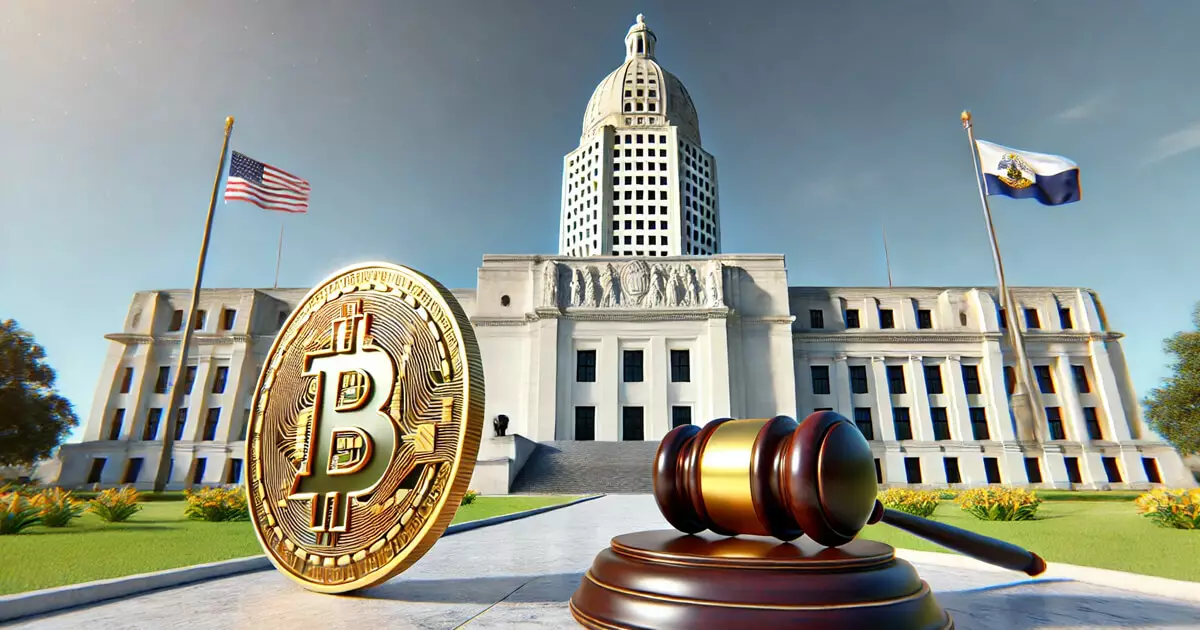Louisiana Governor Jeff Landry recently signed a bill, HB 488, aimed at regulating the use of central bank digital currencies (CBDCs) and protecting the practice of crypto mining within the state. The bill prohibits governing authorities from accepting or mandating payments in CBDCs, as well as from participating in CBDC trials conducted by the Federal Reserve Board of Governors and other federal agencies. Instead, individuals and businesses are ensured the right to utilize crypto for legal transactions and to store their crypto assets in non-custodial or hardware wallets.
In addition to provisions related to CBDCs, the bill also outlines rules governing crypto mining and node operation. The legislation allows for home-based crypto mining activities, as long as they comply with local noise ordinances. Furthermore, commercial crypto mining is permitted in industrial-zoned areas, provided that all relevant ordinances are followed. Operating a node to connect to a blockchain protocol, as well as engaging in transactions and staking activities on the protocol, are declared legal under the new law.
The bill gives Louisiana’s attorney general the authority to take action against fraud and other violations related to mining and staking services. Participants in the crypto ecosystem are required to adhere to both federal and state securities laws. Moreover, the legislation prohibits foreign entities from controlling digital mining businesses and mandates that existing foreign stakeholders divest their interests by August 2025. Failure to comply with these requirements could result in severe civil penalties, including fines of up to $1 million or 25% of the foreign party’s ownership stake.
Louisiana is not the only state taking steps to regulate the cryptocurrency industry. Several other states, including Oklahoma, Montana, and Arkansas, have recently enacted laws aimed at protecting crypto miners and establishing guidelines for the operation of mining facilities. At the federal level, the US House of Representatives has passed a bill that would prevent the Federal Reserve from creating a CBDC without explicit approval from Congress.
As the cryptocurrency landscape continues to evolve, regulators at both the state and federal levels are grappling with how best to oversee this rapidly growing sector. By enacting legislation like HB 488, Louisiana is setting a precedent for how states can address the challenges and opportunities presented by cryptocurrencies and blockchain technology. It remains to be seen how these regulatory efforts will impact the future of crypto mining and digital currency adoption in the United States.














